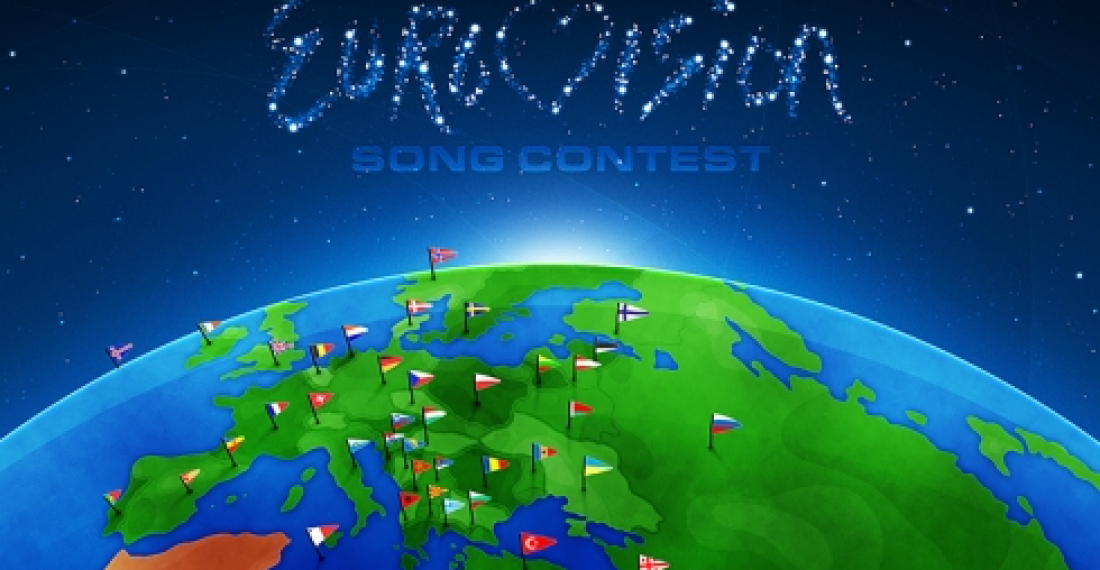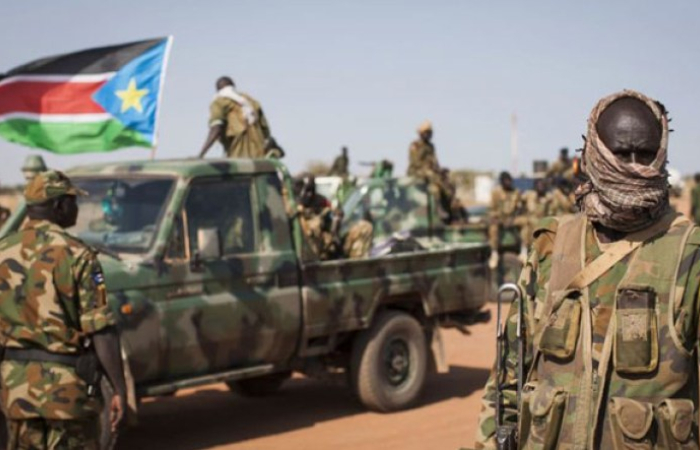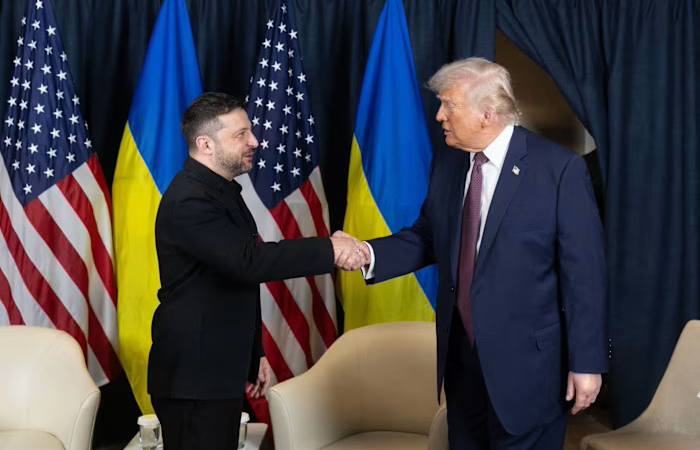Baku will host the next Eurovision Song Festival from 22 – 26 May 2012. This will provide both an opportunity and a risk to both Armenia and Azerbaijan as their difficult relationship plays out on an unusual stage. At stake will be more than a simple song.
The first thought that came to the mind of most Azerbaijanis when it was announced that their country had won the 2011 Eurovision Song Festival was what a good opportunity this would be to showcase the new Baku, with all its gleaming new buildings and fairy lights.
A second thought followed soon after however. Will the Armenians participate?
This sums up the quandary of the Azerbaijan government, and the Azerbaijani society in general. On the one hand they see the Eurovision as an opportunity to show all the best of their country. On the other hand the possibility of Armenian participation presents a number of risks and challenges their strategy that relation with Armenia can only develop after a resolution of the Karabakh conflict.
There are opportunities and risks for Armenia too. Armenian officials have for some time been trying to depict Azerbaijan as a belligerent nation where anti Armenian hysteria is rampant. A successful Armenian participation in the Baku Eurovision would make this narrative more difficult to sustain.
The first reaction from unofficial Armenian sources was that Armenia will not participate. Official Yerevan was however more cautious and said it would study the situation before taking any decision.
In an interview with Echo Muscovy radio station this week, Azerbaijan Deputy Foreign Minister Araz Azimov stated that Azerbaijan will offer all necessary security guarantees to assure Armenian participation in the festival. In a reaction to this statement the head of the Armenian delegation at the “Eurovision” song contest Gohar Gasparyan told Armenian News-NEWS.am. that Armenia wants to take part in Eurovision Song Contest 2012 in Baku, but Armenia needs serious security guarantees not only from the Azerbaijani side, but also from the European Broadcasting Union.
Many European are bemused by all this interest in Eurovision. The song contest is generally treated as an excuse for a jolly good party. The quality of the songs has for long been criticised as being mediocre, and the voting system as archaic. Nobody takes Eurovision seriously but most enjoy it.
For Armenia and Azerbaijan it is a different story. A successful Armenian participation in Eurovision will go a long way to restoring good people to people contacts between the two countries. The thought that several hundred Armenians will next May arrive in Baku to support their Eurovision entry will be a big setback for the warmongers on both sides, of which there are many. It may be a difficult security operation. Whatever the official positions hotheads and provocateurs may still use the opportunity to create an incident. The Armenian contingent will have to prove itself by an impeccable behaviour, and the host country, and its public, needs to show that the Caucasian tradition that guests are sent by God and should be honoured is respected.
There is a grave responsibility on the European Broadcasting Union. They must understand the importance of this event for the two countries. They must lay down clear and tough ground rules for host and visitor alike. They must ensure that other participants are sensitive to the issues.
The idea of Eurovison Song Contest emerged in the 1950s as a means of bringing Europe together after the slaughter and destruction of World War II. It is therefore a great opportunity for healing the wounds of the past.
There are risks for both Armenia and Azerbaijan in this matter, but the opportunities are greater. Eurovision can be the start of a new chapter in Armenian-Azerbaijani relations.
Prepared by commonspace.eu editorial team
Photo courtesy of Eurovision TV
(c) commonspace.eu







